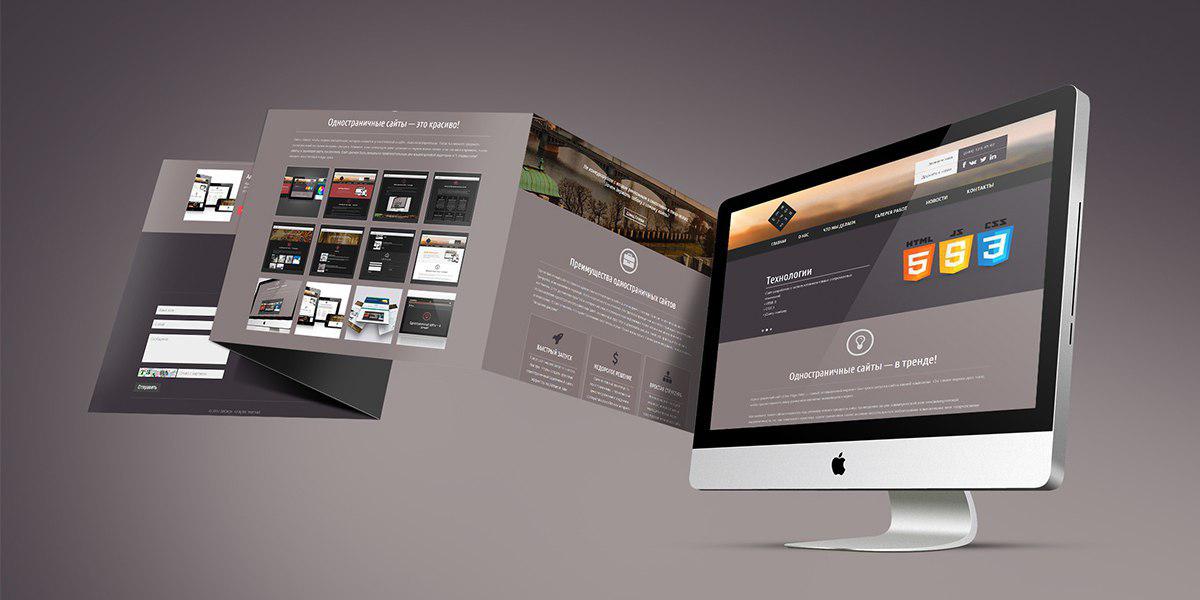With the development of technology, a huge number of web services, applications and other useful things have appeared that are designed to simplify our lives. In this regard, there was a need for specialists who could develop user-friendly interfaces so that it would be easy and understandable to manage all these new goodies. UX/UI designers became such specialists.
In other words, UX/UI design specializes in designing interfaces for everything where there are interfaces (primarily websites and mobile apps, of course).
Web design, in turn, is focused EXCLUSIVELY on the Web, that is, on sites. Web design also includes the development of advertising banners, creative promotional materials, and so on. UX / UI design can go far beyond the web space, since not only websites have interfaces, but, for example, ATMs, TVs, dashboards, and so on. This is the main difference between web design and UX/UI design.
In addition, UX / UI design always relies on analysis and work with the target audience. You can’t just take and draw a “beautiful” interface. The interface should be first of all CONVENIENT. And for this, certain initial data are needed, on the basis of which the interface design will be developed.

To put it very bluntly, an average web designer can draw a beautiful, creative site, but which will be terribly inconvenient to use. A UX / UI designer will approach the development of the design of the same site in more depth. The entire design will be based on the analysis and specifics of the field, thanks to which the site design will be much more convenient and will better solve business problems.
Separating the concepts of “web design” and “UX / UI design” makes a lot of sense for the employer, as he is looking for those who could 100% meet the needs of the business. For this reason, on job search sites, you will almost never find “Web designer” vacancies, but there will be plenty of “UX / UI designer” vacancies.
If you want to work for yourself (freelance) and develop website design for ordinary people, then in this case it is better to call yourself in a simple way – “Web Designer”. The fact is that the name “Web Designer” is well known to almost all people and everyone can understand who you are and what you do.
If you call yourself a UX / UI designer, then ordinary people will most likely have questions: “Who are you and what do you do?”. Simply because the expression “UX / UI design” is familiar only to those who are somehow connected with IT.
CX design – what is it in simple words
What is the point? Let’s figure it out. As we already know, UX is responsible for the usability and usability of the interface for each specific user. CX is a more comprehensive concept and is responsible for the entire process of interaction between a client and a company.
That is, here we are talking not only about interfaces. CX starts when the client does not even know about the existence of your company, and continues until the client himself blacklists your company in all his communication channels.
That is, UX is included in CX and is part of it. Whereas CX is a huge process of building the interaction of the buyer with the brand. In simple terms, the main goal of CX is to increase the number of loyal customers and thereby get more profit.
After all, as you know, repeat sales bring the greatest profit, because in this case the price for attracting a client is significantly reduced. And repeat sales are not possible without customer loyalty to your company. Thus, it turns out that CX is a powerful process for generating profits. And yes, this also applies to design.

As far as I know, there are currently no CX-designers as such (I haven’t seen it personally, maybe there already are). But in terms of their duties and functions, the so-called Product Designer is closest to the CX designer. And as you understand, in order to become a specialist who is responsible for such a wide range of tasks, you need to be at least a first-class UX / UI designer, and at the most also a cool marketer.
As for marketing, my opinion is that it would not be superfluous for an ordinary designer to know the basics of marketing, because any design is designed to solve business problems, and where there is business, there are sales. And in order to design interfaces that can sell, you need to understand marketing as well. But this is my opinion, you may have a different opinion on this matter.
However, expanding your horizons and learning something new is a great habit that will make you a sought-after specialist and give you a number of advantages over your competitors.
